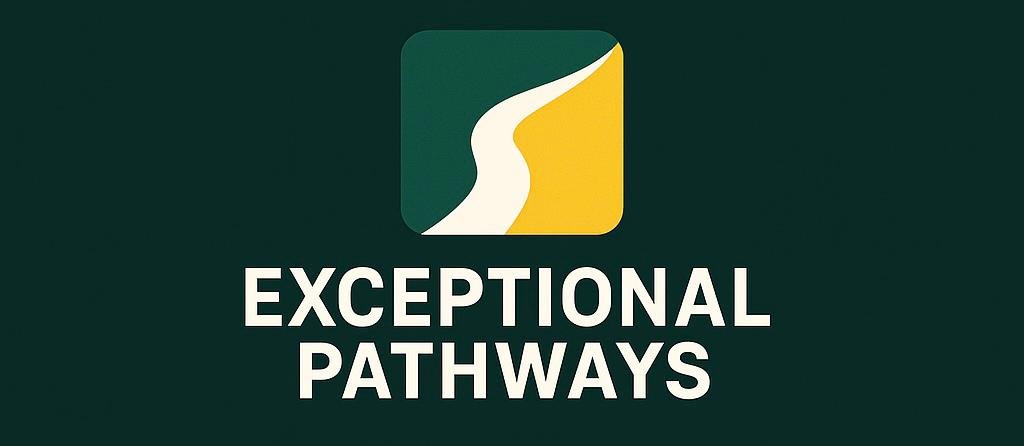How to Craft a CV That Meets the Global Talent Visa Criteria
Avoid these pitfalls and increase your chances of endorsement under the Global Talent Visa route.
Learn how to build a compelling, criteria-driven CV that stands out to endorsing bodies.
Introduction
The UK Global Talent Visa offers a unique opportunity for exceptional individuals to live and work in the UK. But success begins with one of the most critical components of your application: your CV.
Unlike a traditional resume used for job applications, a Global Talent CV must highlight your influence, impact, and leadership within your field. In this post, we’ll explore how to structure and present a CV that aligns with what endorsement bodies are really looking for.
1. Understand the Purpose of the CV in the Endorsement Process
This CV isn’t about listing every job you’ve ever had. It’s a targeted document meant to prove that you meet the criteria for “exceptional talent” or “exceptional promise.”
Tip: Focus on thought leadership, contributions to your industry, public recognition, and impact.
2. Use a Clear, Logical Structure
Endorsing bodies may review hundreds of applications. Make your CV easy to scan:
Use headings (e.g., "Publications," "Speaking Engagements," "Awards")
List achievements in reverse chronological order
Keep it concise: 3 pages max (unless otherwise specified)
Tip: Use bold or italic styles sparingly to highlight key accomplishments.
3. Focus on Quality Over Quantity
A long CV isn’t necessarily a strong one. Avoid padding your experience with irrelevant work or minor projects.
Tip: Include measurable results and notable impact. For example: “Led a cross-functional team to launch an app with 500K+ downloads.”
4. Tailor Content to the Endorsement Criteria
Each endorsing body (e.g., Tech Nation, Arts Council England) has different criteria. Tailor your CV accordingly:
For Tech applicants: Focus on product-led innovation, open-source contributions, patents, or startup leadership.
For Arts/Culture applicants: Include exhibitions, reviews, awards, and critical recognition.
5. Avoid Common Pitfalls
Don’t submit a generic job CV
Avoid overuse of jargon
Don't forget to explain niche projects or roles in context
Tip: Ask someone unfamiliar with your field to review your CV for clarity and impact.
Conclusion
Your CV is one of the most powerful tools in your Global Talent Visa application. Make it count by aligning it with endorsement expectations, structuring it clearly, and highlighting the exceptional—not just the expected.
Need help refining your CV? Book a free discovery call with Exceptional Pathways and take the next step toward UK endorsement success.
5 Common Mistakes Applicants Make When Applying for the UK Global Talent Visa
Avoid these pitfalls and increase your chances of endorsement under the Global Talent Visa route.
Avoid these pitfalls and increase your chances of endorsement under the Global Talent Visa route.
Introduction
The UK Global Talent Visa is a golden opportunity for exceptional individuals in tech, the arts, and academia to live and work in the UK. But while the pathway is promising, many applicants fall short not because they lack talent—but because they overlook key details in the application process.
Here are 5 common mistakes to avoid, so you can put your best case forward.
1. Submitting a Generic Personal Statement
Your personal statement isn’t just a formality—it’s your chance to tell your story. Yet many applicants submit vague or overly broad statements that don’t clearly demonstrate impact or ambition.
What to do instead: Focus on your unique journey, your future vision in the UK, and how your work contributes to your field. Be authentic and specific.
2. Weak or Irrelevant Letters of Recommendation
Endorsement bodies want strong, credible references. Letters from colleagues or friends, even if well-written, often don’t carry enough weight.
What to do instead: Secure letters from industry-recognized leaders who can speak to your achievements, influence, and leadership—ideally with specific examples.
3. Misunderstanding the Difference Between “Exceptional Talent” and “Exceptional Promise”
These are not interchangeable categories. Applying under the wrong one can reduce your chances of success.
What to do instead: If you’re early in your career but show strong potential, go for “Exceptional Promise.” If you already have a track record of leadership and recognition, “Exceptional Talent” may suit you better.
4. Submitting Incomplete or Disorganized Evidence
Many applicants underestimate how important it is to structure and label their evidence clearly. Scattered documents or missing context weaken your case.
What to do instead: Treat your evidence like a portfolio. Include a table of contents, clearly label each item, and use brief descriptions to frame their relevance.
5. Failing to Seek Professional Guidance
Applying for the Global Talent Visa can be daunting—especially when you’re not sure what “exceptional” looks like in your field.
What to do instead: Consider working with a coach or advisor experienced in the process. They can help identify strong evidence, refine your personal statement, and boost your confidence.
Conclusion
Getting endorsed for the UK Global Talent Visa is entirely achievable—but preparation is key. Avoiding these common mistakes can help turn a stressful process into a transformative opportunity.
Need help? Book a free discovery call with Exceptional Pathways and take the next step toward your UK career journey.


